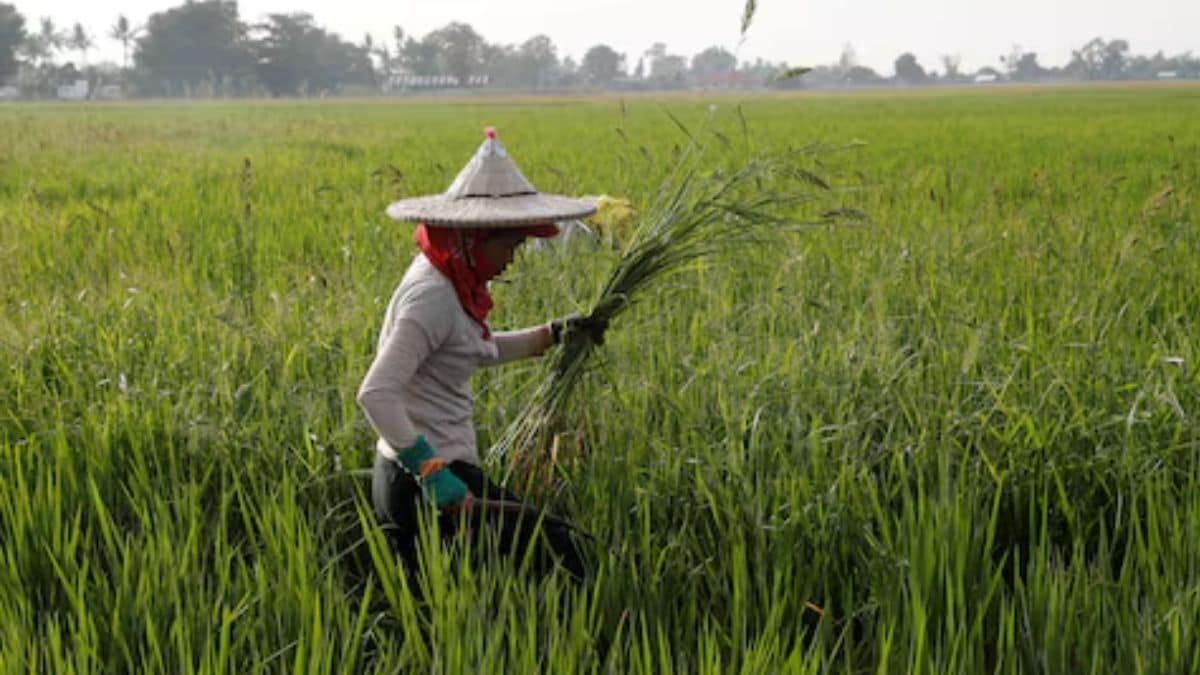
The food security emergency declaration grants the Department of Agriculture the authority to instruct the National Food Authority to distribute buffer stocks to government agencies and local units. This measure aims to curb rising rice prices and shield consumers from further increases. This declaration is part of the government’s ongoing initiatives to bring down rice prices.
read more
The Philippines, among the world’s largest rice importers, declared on Monday a food security emergency to bring down the cost of rice, which it said has stayed elevated despite lower global prices and a reduction in rice tariffs last year.
The declaration, which was widely expected, will allow the government to release buffer stocks to help bring down retail prices of the national staple, Agriculture Secretary Francis Tiu Laurel said in a statement, adding it would remain in effect until the price situation improves.
Despite efforts to liberalise rice imports and reduce tariffs, the agriculture department said, the domestic market has been slow to respond, with retail prices surpassing expectations.
Half of the 300,000 metric tons buffer stock the National Food Authority currently holds could be released over the next six months to ensure supply for emergencies and disaster response, it added.
The annual rate of increase in rice prices in the Philippines hit a 15-year high of 24.4% in March last year, but has since moderated to 0.8% in December, helping keep overall inflation for 2024 within the government’s 2% to 4% target.
Last year, the Philippines lowered tariffs on rice and extended existing tariff cuts on some other commodities to combat inflation and ensure ample supply.


